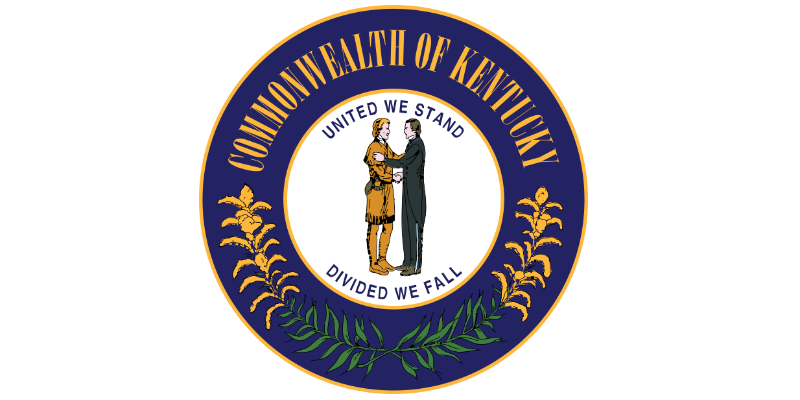Auditor of Public Accounts
Adam H. Edelen
FOR IMMEDIATE RELEASE
November 14, 2012
Contact:
Stephenie Steitzer
[email protected]
502.564.5841
513.289.7667
Edelen Finds $2.7 Billion Ghost Government in Kentucky; Creates First Ever Database of Special Districts
Six-month effort results in call for legislative reform, more transparency and accountability
FRANKFORT, Ky. (Nov. 14, 2012) – Auditor Adam Edelen today unveiled a public database and accompanying report that shine new light on special districts, a $2.7 billion layer of government in the Commonwealth that has operated in the shadows for decades.
The auditor’s office has identified more than 1,200 special districts – unelected entities such as libraries, sanitation districts and public health departments that have the ability to fee and tax but operate with little oversight and accountability.
“It is a scandal that for generations no Kentuckian has been able to determine how many special districts exist, how much money flows through them, where they are located and whether they are compliant with state law,” Edelen said.
The Citizen Auditor Initiative database and “Ghost Government: A Report on Special Districts in
Kentucky” are the end-results of a six-month long effort to survey known special districts and local elected officials and examine more than 1,000 statutes that govern the most prevalent form of government in the Commonwealth.
The effort found that special districts collect $1.5 billion in taxes and fees and another $1 billion in grants, corporate sponsorships and fundraising. In all but three counties, taxpayers pay more to special districts in property taxes than to their county governments.
Special districts spend $2.7 billion a year, which is about $5 less per capita than the state spends on primary and secondary education. And, they are holding another $1.3 billion in reserves – twice the contingency funds of all 174 school districts.
“To be sure, there is a difference between the districts themselves and the scandalous lack of system-wide oversight of them,” Edelen said. “Their work is critical to the communities they serve, many board members put in considerable hours on a voluntary basis and the vast majority are honest stewards of the tax dollars they spend.”
The effort found that the current system treats special districts that comply with state laws the same way as those operating outside of it. The status quo is a muddled morass of statutes, bizarre classifications, uncertain responsibilities, confusing mandates and the absence of meaningful tools to compel compliance.
Forty percent of the special districts that should’ve submitted budgets to their fiscal courts did not; 15 percent that should’ve submitted Uniform Financial Information Reports (UFIRs) did not.
In addition, half the special districts with revenues greater than $750,000 a year failed to have required audits conducted on their financial statements. That represents $461 million in revenue that had no oversight.
“In short, the system is broken and in need of big change,” Edelen said. “A reformed and modernized system will make this ghost government more accountable to the public it serves.”
Policy makers can use this report and online database at www.citizenauditor.ky.gov to inform their decision making about reforming the system. Watchdogs in the public now have a powerful new tool for sharpening their surveillance.
“This is the first time that information on the state’s taxing districts has been made available in an online, sortable format,” said Logan Morford, vice president of transparency of the Bluegrass Institute. “As a result, citizens will be able to easily find critical information about how their hard-earned tax dollars are spent.”
The report includes legislative recommendations aimed at cleaning up the statutes that govern special districts, adding teeth to compel compliance with reporting requirements, creating an online centralized registry for special districts to report their financials and establishing education and ethics for special district board members and staff.
“This is really a significant service to the public interest,” said Richard Beliles, executive director of Common Cause of Kentucky. “This is a major, major improvement in government for the people.”
The auditor’s office has worked with the Department for Local Government, members of a legislative task force studying special districts and more than a dozen organizations that offered their support of this effort.
“Setting big audacious goals, attacking old problems with energy and technology and setting aside petty differences for the sake of collective progress are the hallmarks of transformative reform,” Edelen said. “We can set a new standard here, today.”
The full report, database and audio actuality can be found on the auditor’s website..
The Auditor of Public Accounts ensures that public resources are protected, accurately valued, properly accounted for, and effectively employed to raise the quality of life of Kentuckians.
For more information, visit our website at auditor.ky.gov and follow Auditor Edelen on Twitter @AuditorKY, facebook.com/AuditorKY and youtube.com/AuditorKY.






